Indian startups, either Thrasio-like rollups or direct-to-consumer aggregators, are swiftly consolidating smaller rival brands. But I expect same-channel sales of these brands (excluding store or channel expansion) to dip by 20-30% in the short term.
This has something to do with the acquirers’ centralised structure for managing multiple brands. Let us explain.
- In India, the landscape of online consumer brands is in nascent stages and D2C firms’ volumes have just started to pick up. I believe that in these conditions, it takes founders’ intervention, especially a personalised marketing approach, to scale up the brand.
- The hitch is that founders of many online brands lose control over operations once they sell their companies and are unable to register a meaningful impact. It’s ironic because their payouts hinge on brand growth.
- Things are different in mature markets such as the US and UK. Backend supply chains and processes are more streamlined and regulatory risks are relatively low. Companies are also profitable, unlike most online businesses being acquired in India.
- Amazon dominates ecommerce in the US. In India, it’s Amazon and Flipkart. Then there are vertical retail operators such as Nykaa, Myntra and Ajio. I think the unique complexities of these marketplaces need a focused and nuanced approach.
Can roll-up players provide or maintain this level of attention with a centralised structure? The competitive advantage of their model has not been established yet.

Read this article for free
In addition, access 50+ archived articles and 3 new articles every month
Sign In
Join our community of 100,000+ top executives, VCs, entrepreneurs, and brightest student minds
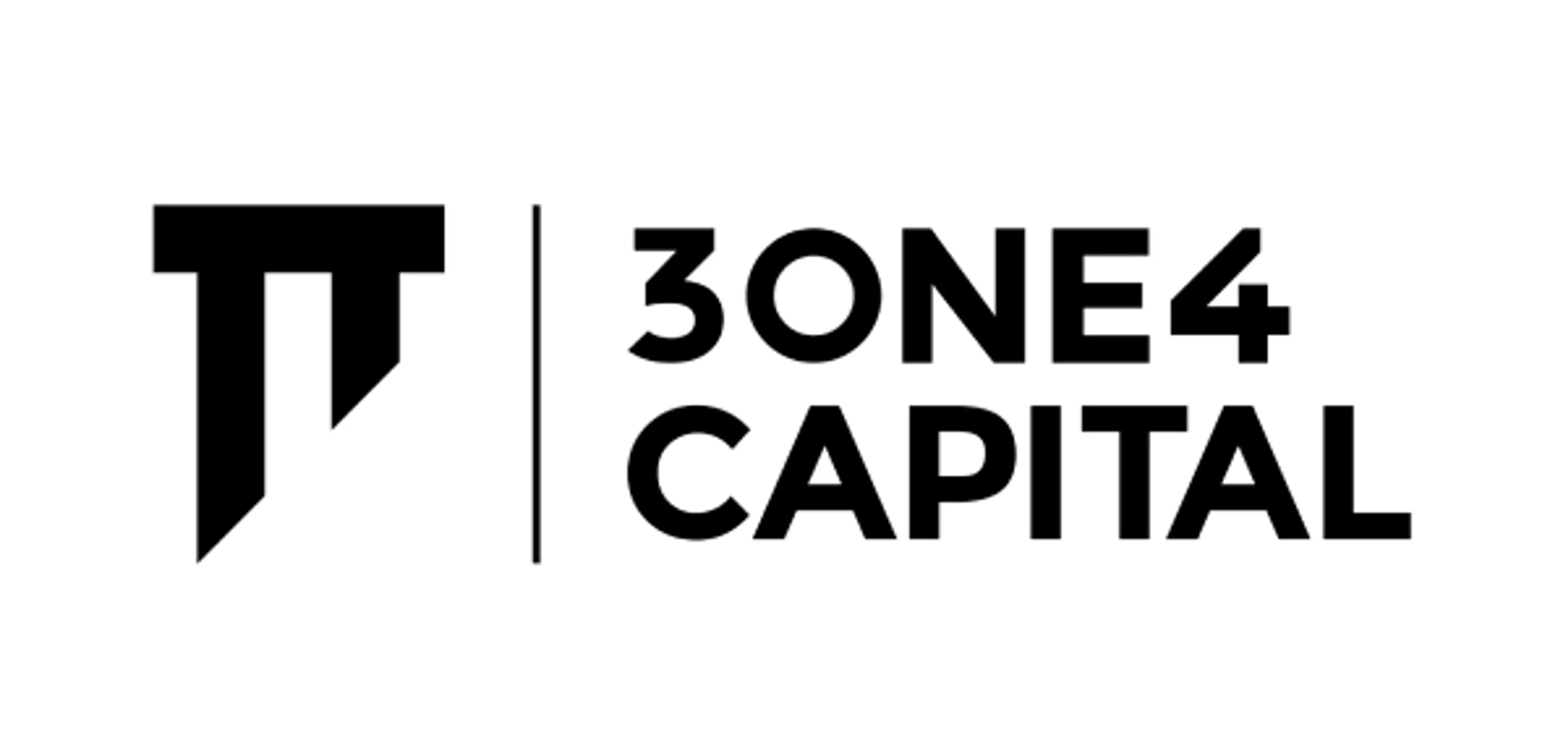

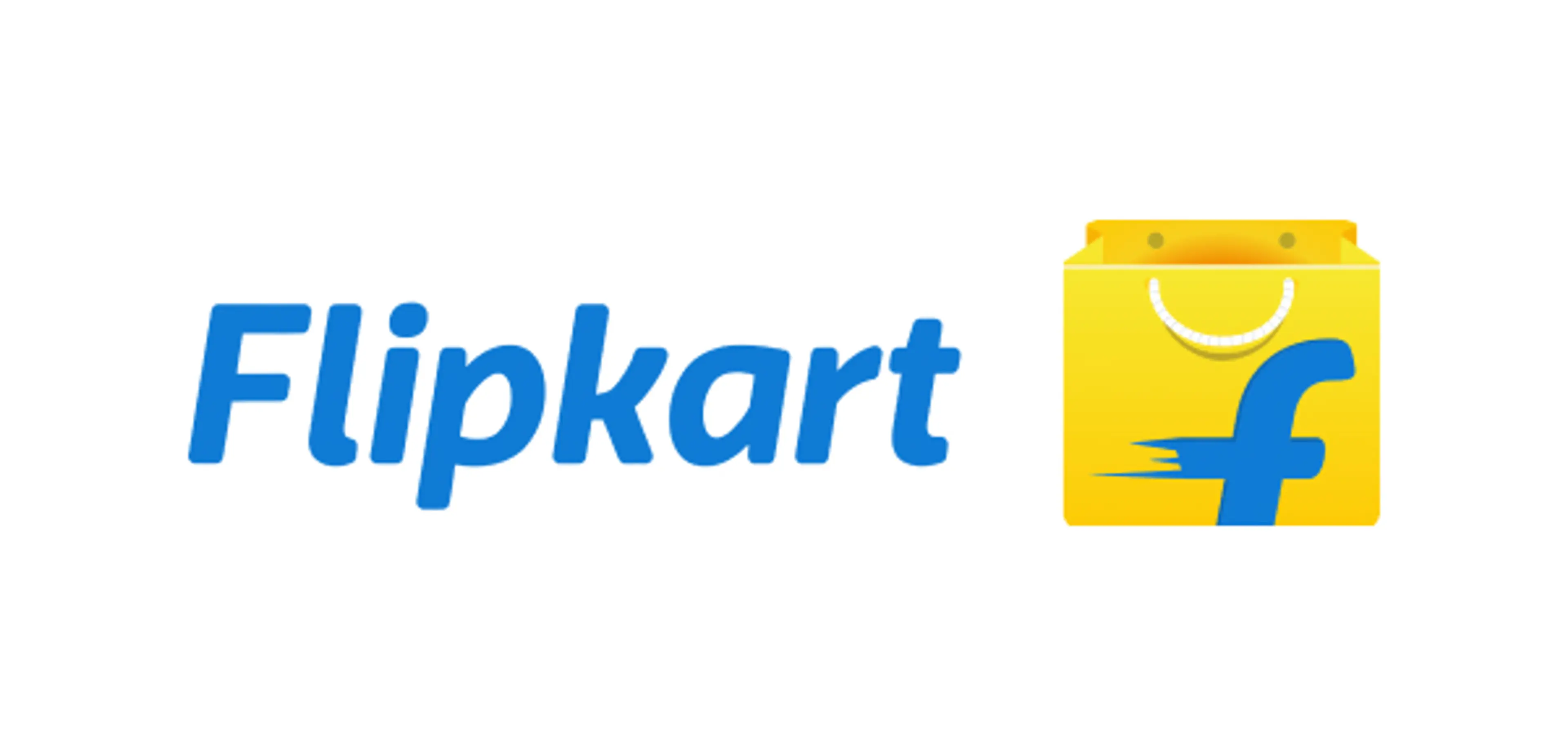
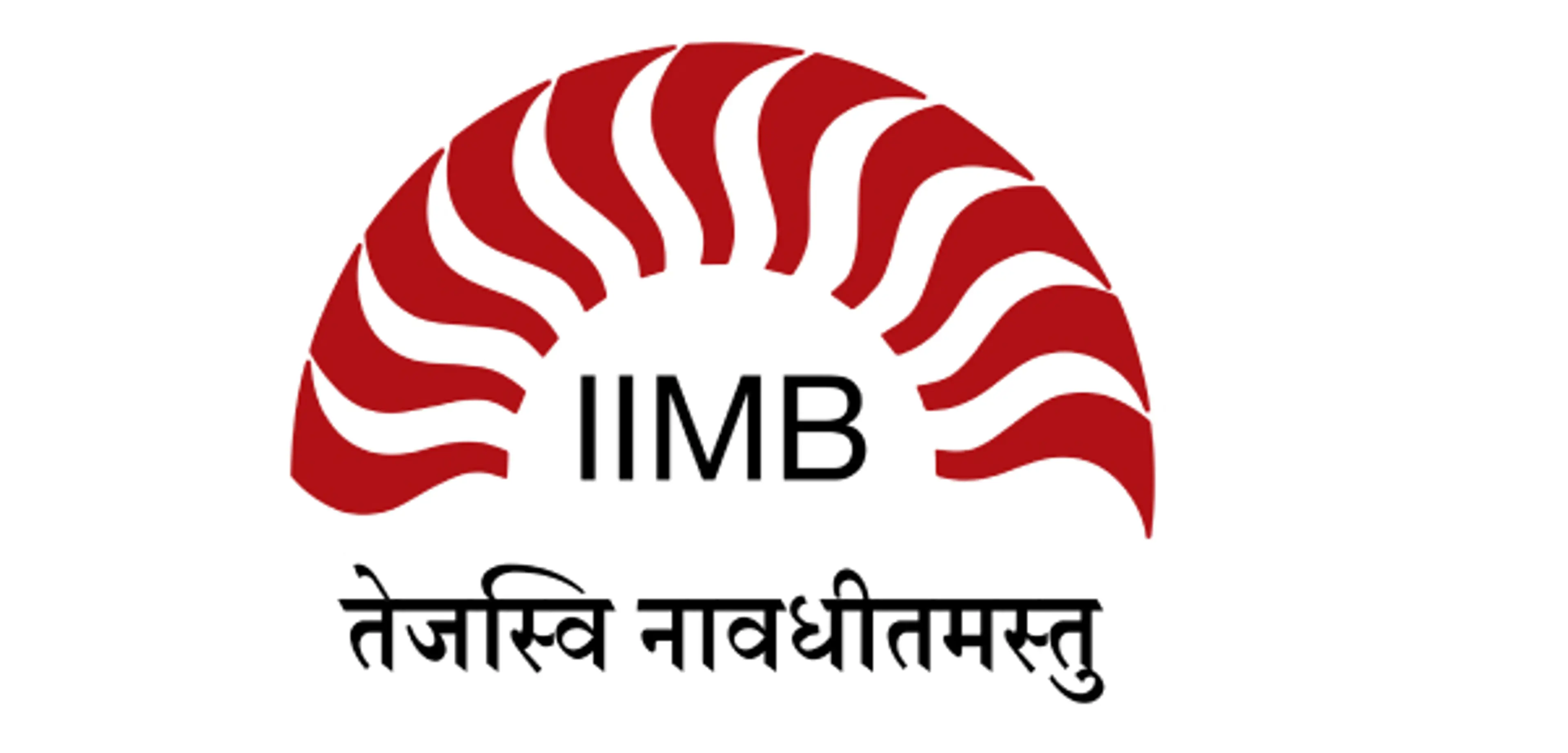
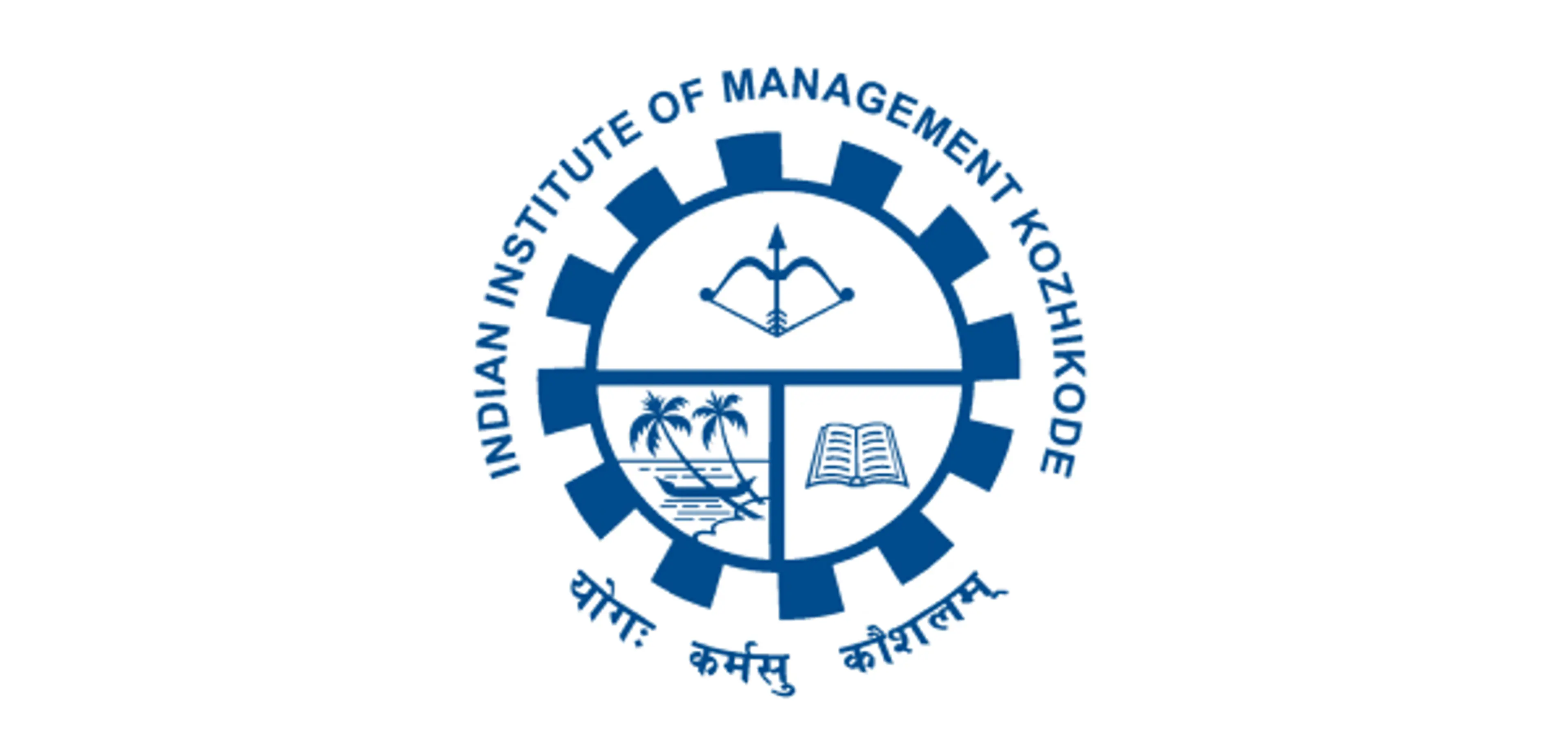
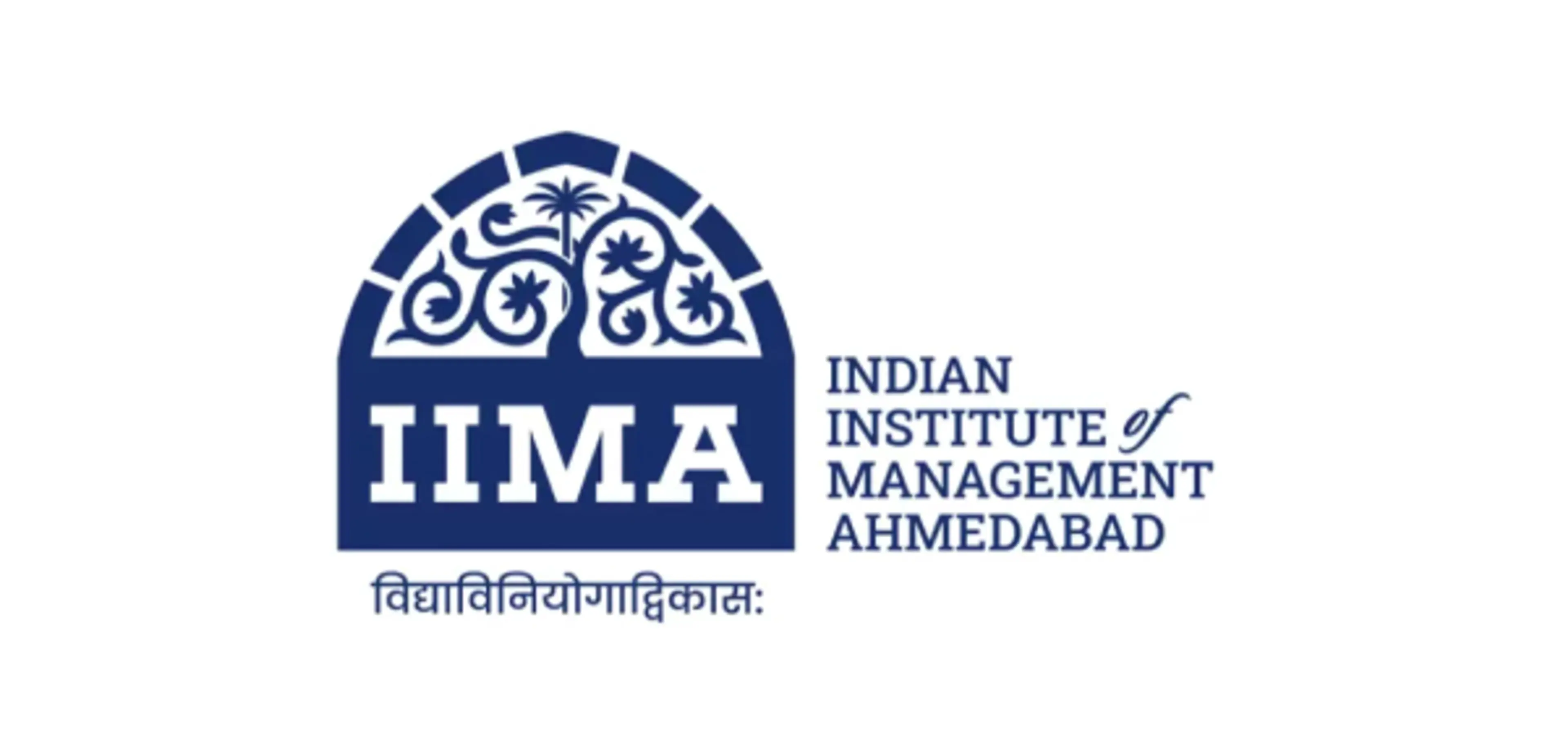

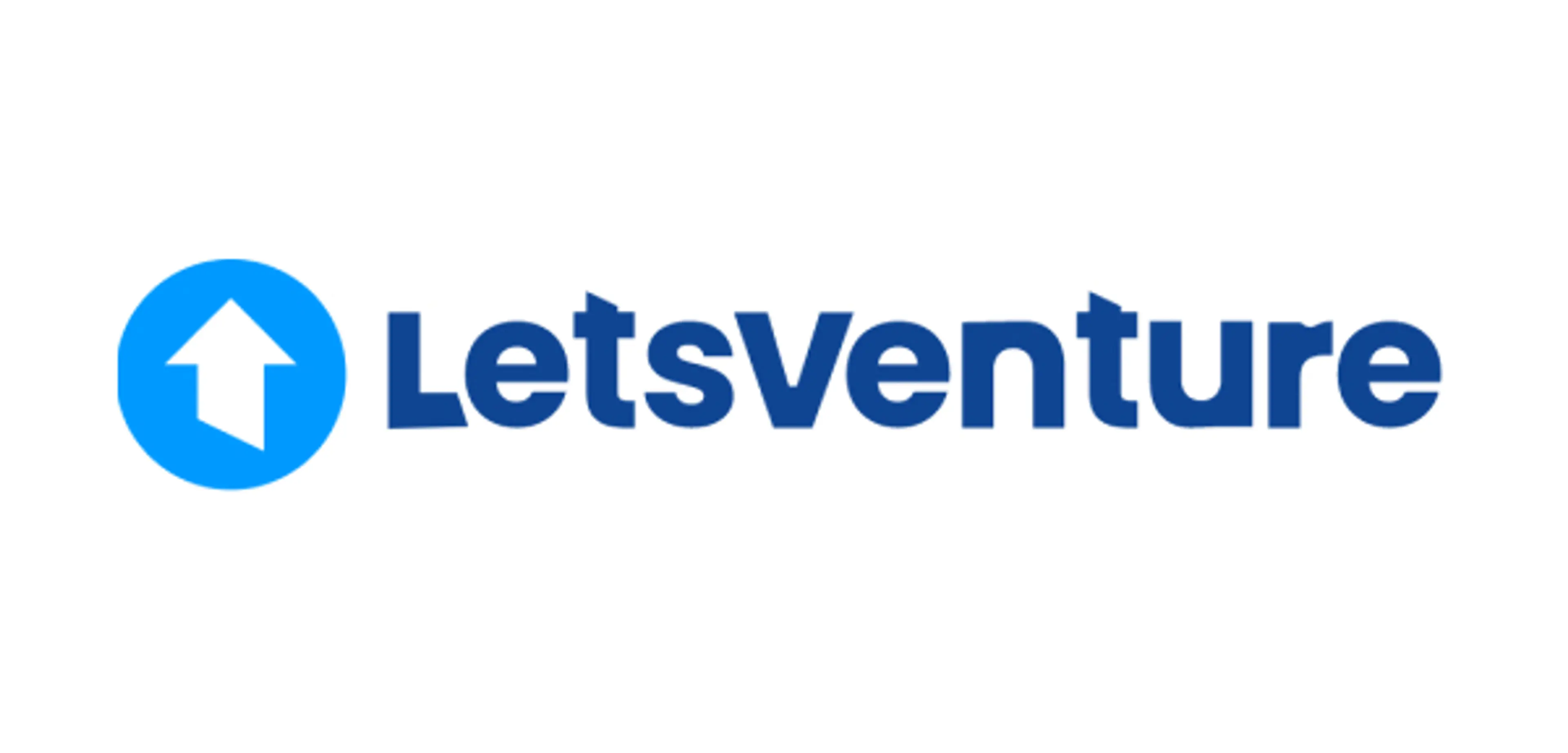
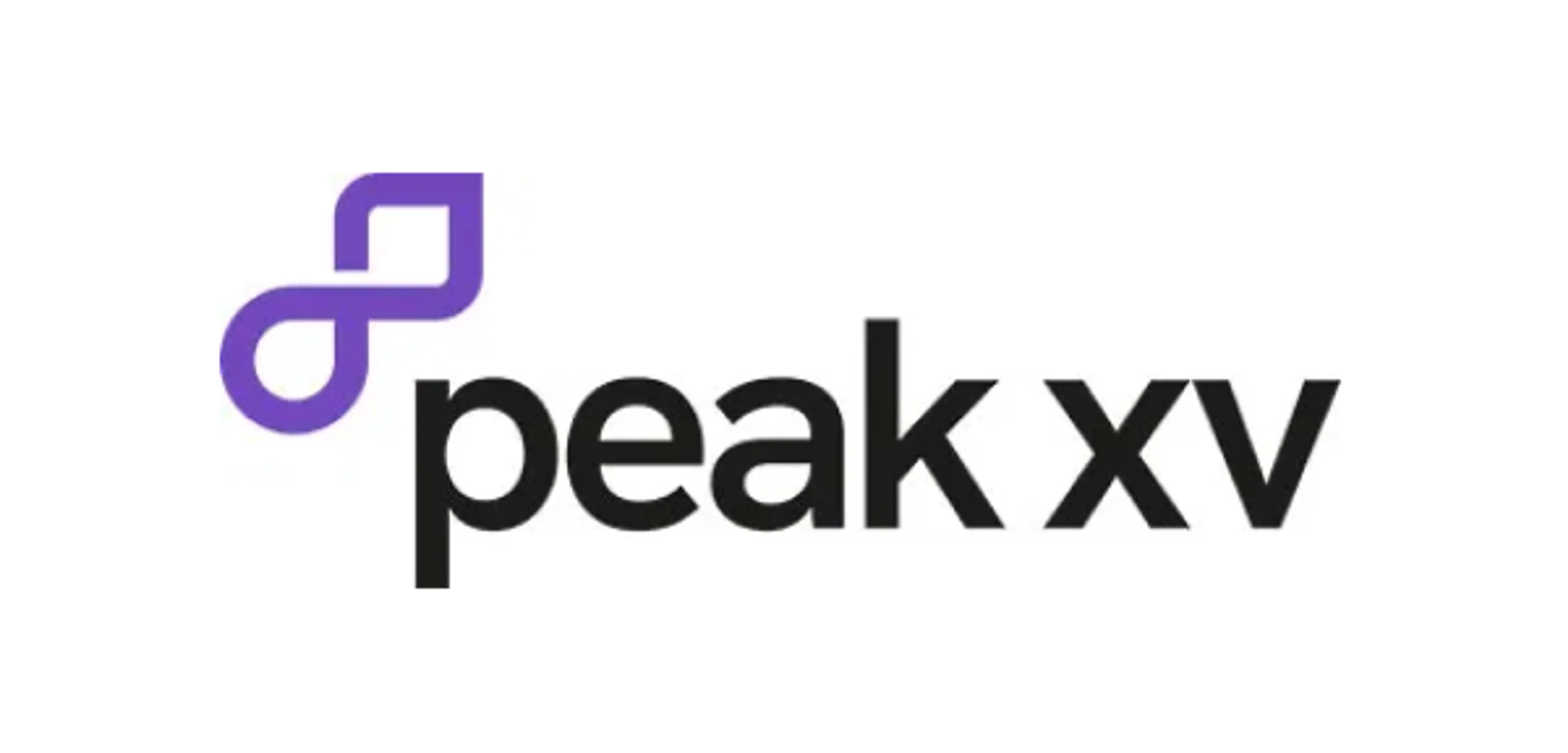









Trusted by the best
Latest Articles

Convinced that The Captable stories and insights
will give you the edge?
Convinced that The Captable stories
and insights will give you the edge?
Subscribe Now
If you want to see more, Sign Up for access to our Crux newsletter and several free articles
Sign Up Now











